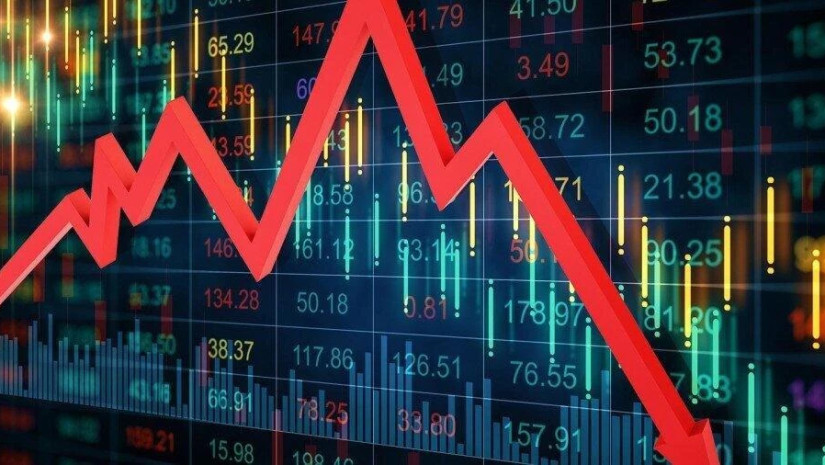Still unnoticed by many global investors, Arab stock markets are year-to-date the best performing stock markets globally while major developed markets like US and Europe are down year-to-date, suffering heavy losses.
Exposure to Arab or GCC stock markets is still underinvested in many global investment portfolios due to lack of familiarity and the perceived regional or geopolitical risk and historic volatile nature of the Middle east.
While European markets could be most at risk due to the tragic and unfortunate war in the Ukraine commodity rich and energy exporting countries of the GCC are benefiting from western sanctions on Russia and the move to reduce energy dependency on the Russian federation.
The Middle East and the GCC Gulf Cooperation Council is home to the world’s best performing stock markets in 2022 and may still offer continued invest opportunities going forward.
In a year where the us dollar is the undisputed king of the global foreign exchange market, the gulf countries and their currency pegs to the U. S. dollar also benefit investors.
The Analysts community have underestimated gains over the past two years, despite strong economic growth prospects. According to Bloomberg data, Saudi Arabia Large & Mid Cap Price Return Index gained almost 26% this year, while the United Arab Emirates, Qatar and Kuwait rose at least 17%. Adding the consensus 12-month targets for the Saudi index’s 39 members after adjusting for market weighting indicates an index level 7% lower than the current level.
When it comes to Arab markets year that’s not an unusual discount, suggesting the analyst’s community is either too conservative or not updating prices fast enough.
KSA Kingdom of Saudi Arabia’s economy grew 9.6% in the first quarter, the fastest pace in a decade, as booming oil prices helped lift a broad range of sectors. De facto leader Crown Prince MBS Mohammed Bin Salman is trying to develop industries including clean energy and car manufacturing, and services such as travel and entertainment. The UAE, Qatar and Kuwait have also made progress diversifying from oil and gas. the 12-month return potential for the Saudi index is only just lower than the average of minus 4.3% over the past two years. The average return potential for the U.S. index is a positive 11% over the past two years.
Only six stocks in the Saudi index have a buy consensus, 27 a hold consensus, with two sells and four unrated. That’s an average consensus rating of 3.43 out of five, versus 4.22 for the S&P 500 Index and 4.09 for the Japan Nikkei 225. A re-rating of KSA and the Saudi market is a possibility in my view.
In a world where fixed income, increasingly is return free risk, the attractive dividend yield on Arab country ETF like KWT (Kuwait) of 6.26% in U.S dollars is attractive and offers good dividend income to global investors. The boursa Kuwait Premier Market price return Index currently trades at a P/E ratio of 24x. Saudi Arabia’s Tadawul All share index (TASI) trades at 26x P/E and a market dividend yield 2%.
Sovereign wealth, the currency peg, and high consumer and corporate confidence mean Saudi Arabia and country ETF KSA remains relatively defensive amid global stagflation and currency concerns, Saudi Arabia Tadawul is still the second-best performing market globally in dollar terms after rallying 22% YTD valuation however reflects this, with price to book on a 60% premium to the five-year average, a big premium to every other large emerging market. But having said that other EMs are not the Saudi Arabia of OIL when the western world is under political pressure to find alternates to President Putin’s Russian energy supplies.
The old Arabic proverb of “Money brings more money.” Might apply to investors in Arab stock markets this year
Rainer Michael Preiss serves as an investment advisor & portfolio strategist.











